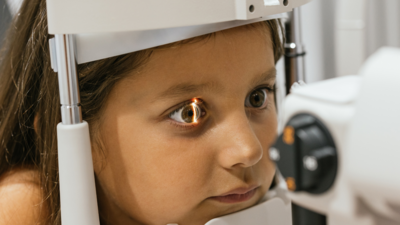
Kids hardly notice or complain about vision problems, and hence, it is essential for caretakers and parents to look out for early signs. Poor vision, if not addressed on time, can disrupt their studies, self-confidence, and overall growth.
There are many subtle but telling signs that indicate your child is having visual acuity problems and may need wearing corrective glasses.
- The first sign that your child might be needing glasses is when the child is going too close to the TV to see it or bending very close to books or toys, so that is one sign that maybe they're not able to see.
- According to Dr. Anita Sethi, Principal Director & HOD – Ophthalmology, Max Multi Speciality Centre, Panchsheel Park, “The second sign is that if they're tilting their head or turning their head while looking at distant objects, you know, making odd postures, that could also be a sign that they need glasses.”
- Thirdly, from school, sometimes the teachers say that this child is looking at the neighbor and not able to see the board, or they're copying the homework incorrectly, or the child only wants to sit in front and doesn't want to go back as they rotate the seating, so that could also be a sign that the child can't see and needs glasses.
- In very small children, like after 8 to 10 months, if there is a squint or a misalignment of the eyes, they're both looking in different directions; that could also be a sign that they need glasses, and more importantly, it could even be a sign of a lazy eye, which is very, very important to treat at a young age.
- If they are frequently rubbing their eyes or there's redness, it could either be an allergy, or it could also be the child trying to make things clearer. So rubbing of the eyes is also one sign.
- One needs to be mindful that if both the parents got glasses at a young age or both the parents wear myopic glasses, there is a slightly higher chance that the child may also be myopic. So those children should be brought in for the check around three to four years of age, and actually, any child who's indoors a lot, doesn't play outdoors, and is more into books or mobile or digital devices.
Children should anyway be brought in for an eye check because sometimes the children don't know that there is better vision than what they actually see. They think everybody sees the same way. So, unless doctors check, they don't get to know that the child actually needs glasses. Post-COVID, many children are coming to doctors for the first time with powers as high as minus 3, minus 4, sometimes even minus 6. So, at around 4 years of age, the children should probably get an eye check-up, especially if their parents have glasses, especially if they appear to be not copying well from the board, making mistakes, or all of the other points mentioned above; then they should all be brought in for a check-up at around four years of age.
6 signs you need to get glasses right now!

 1 day ago
46
1 day ago
46







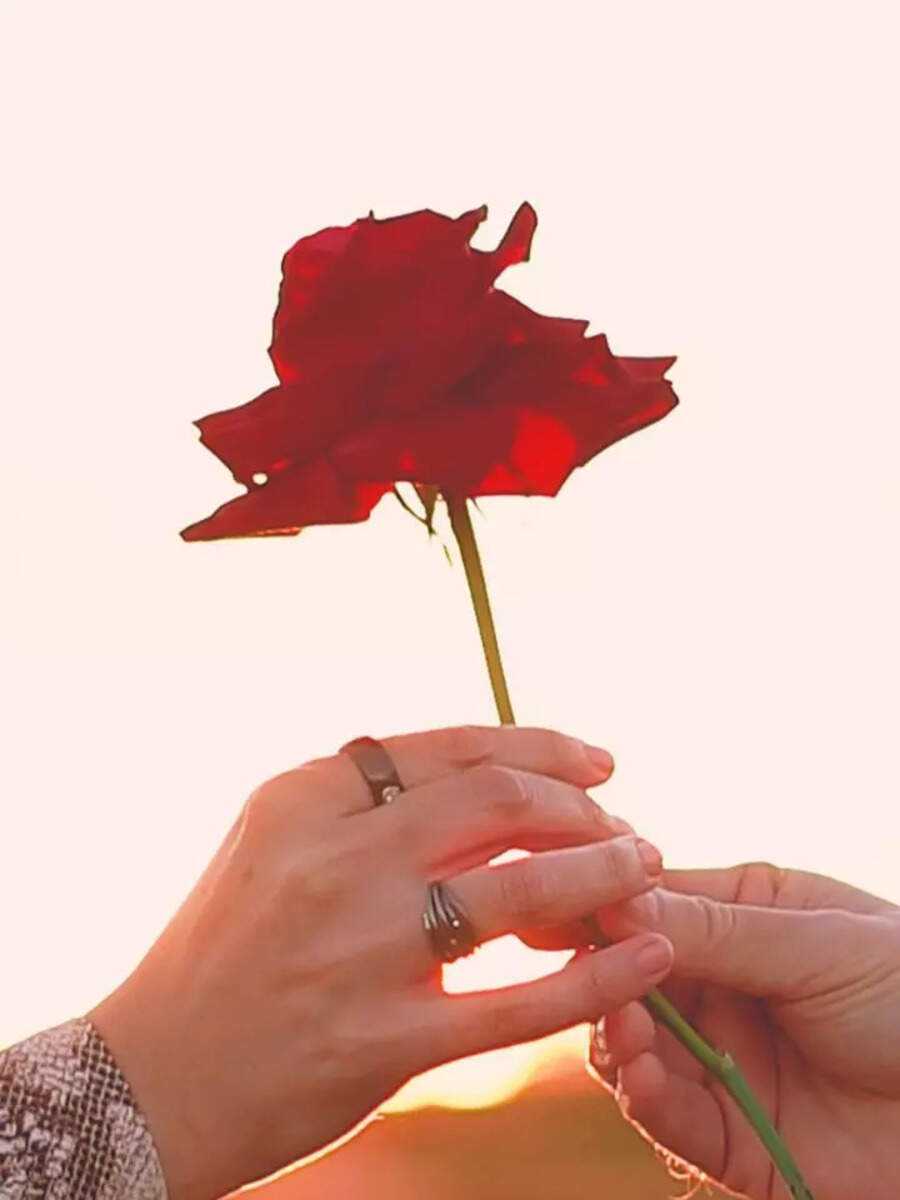
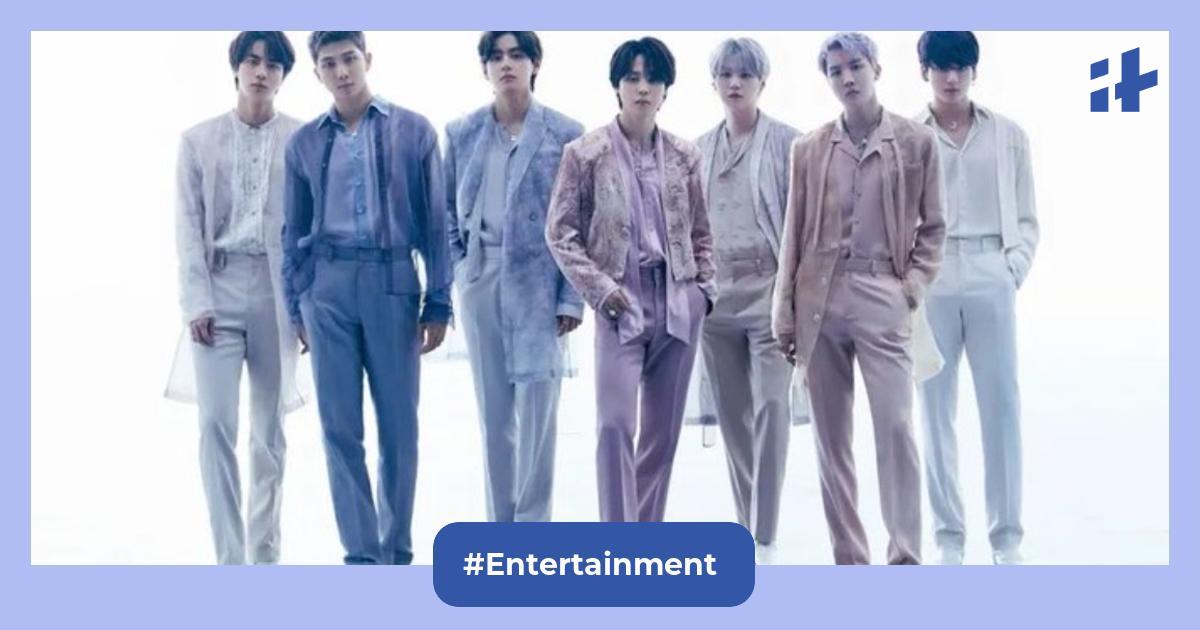
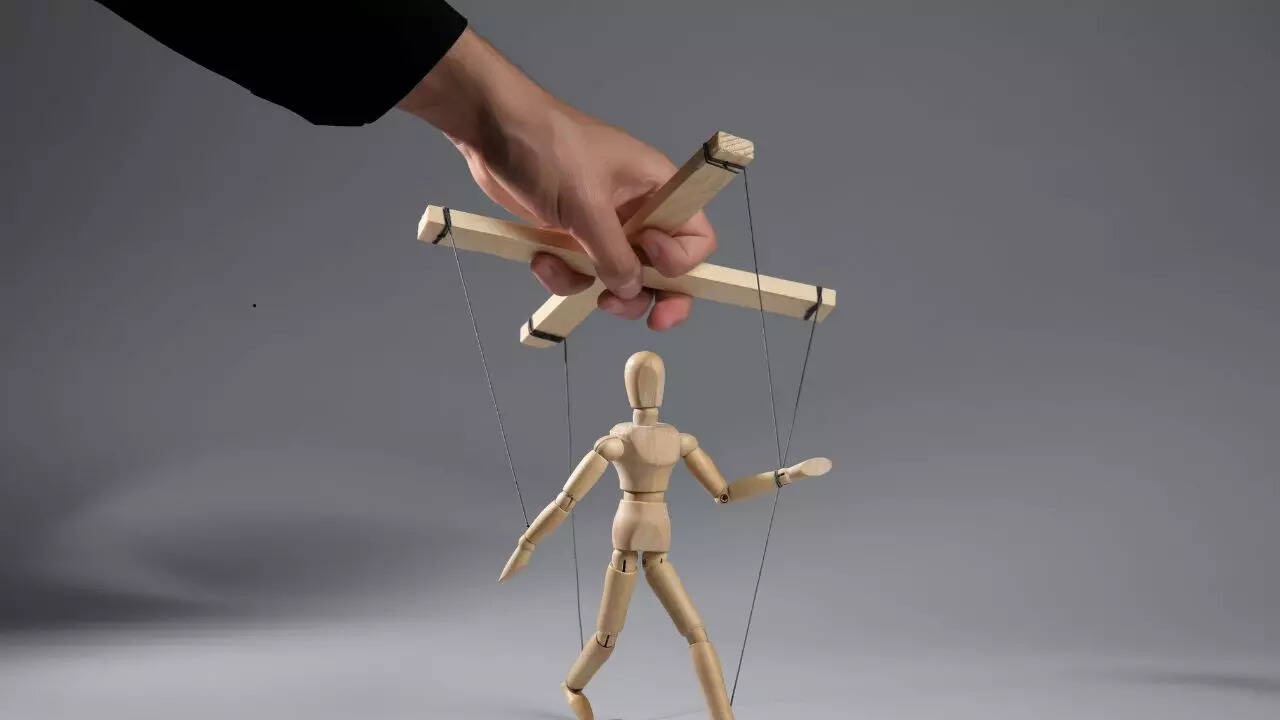
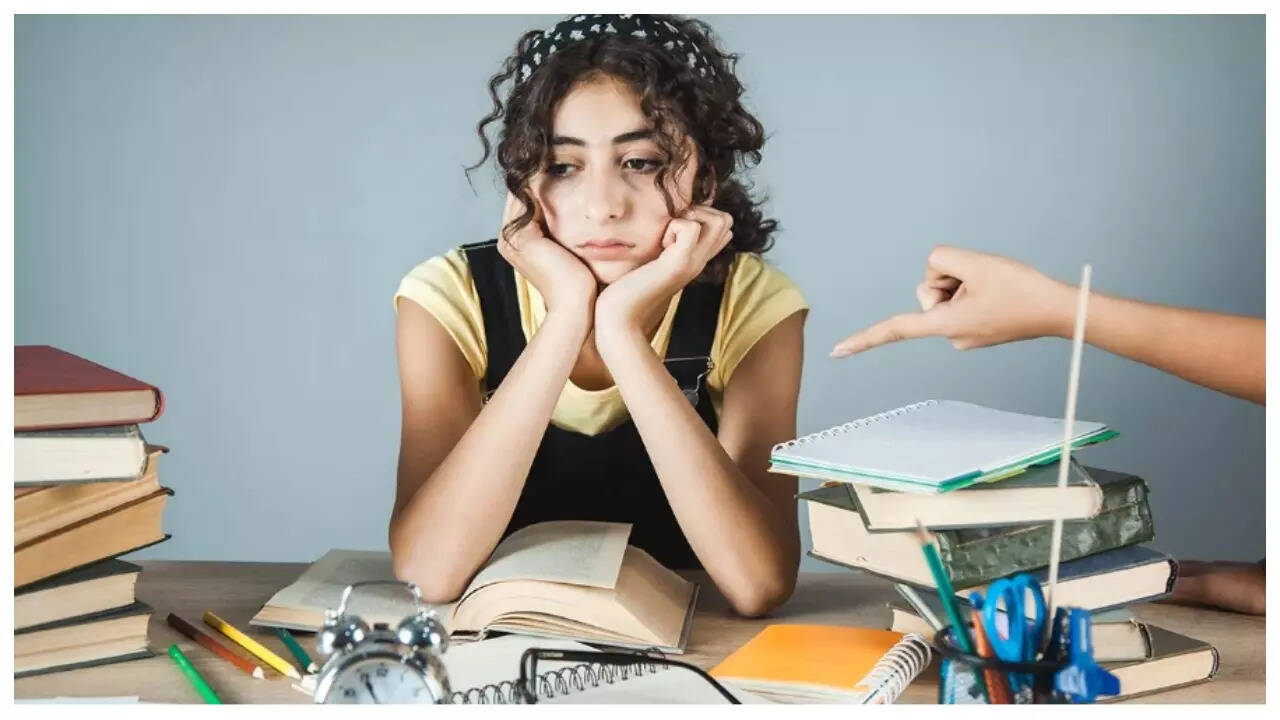
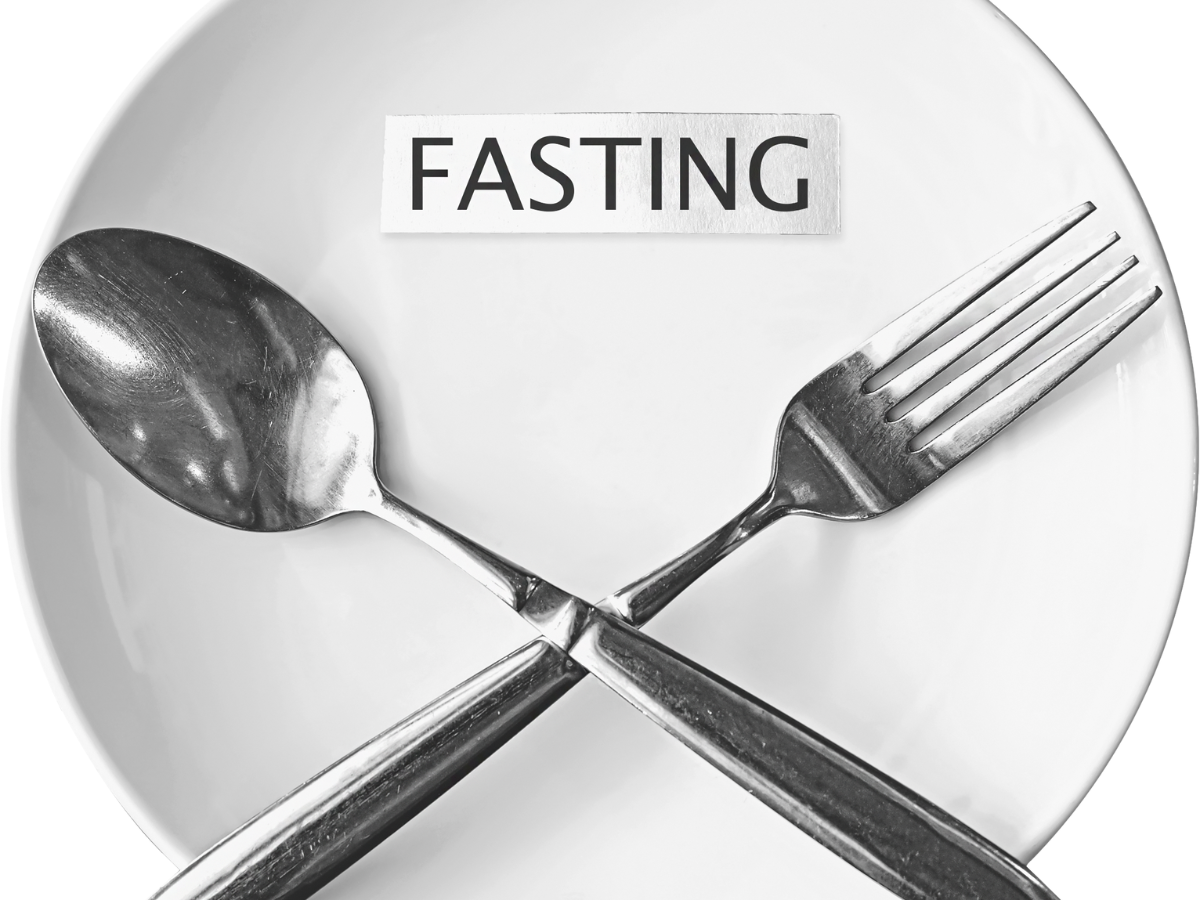
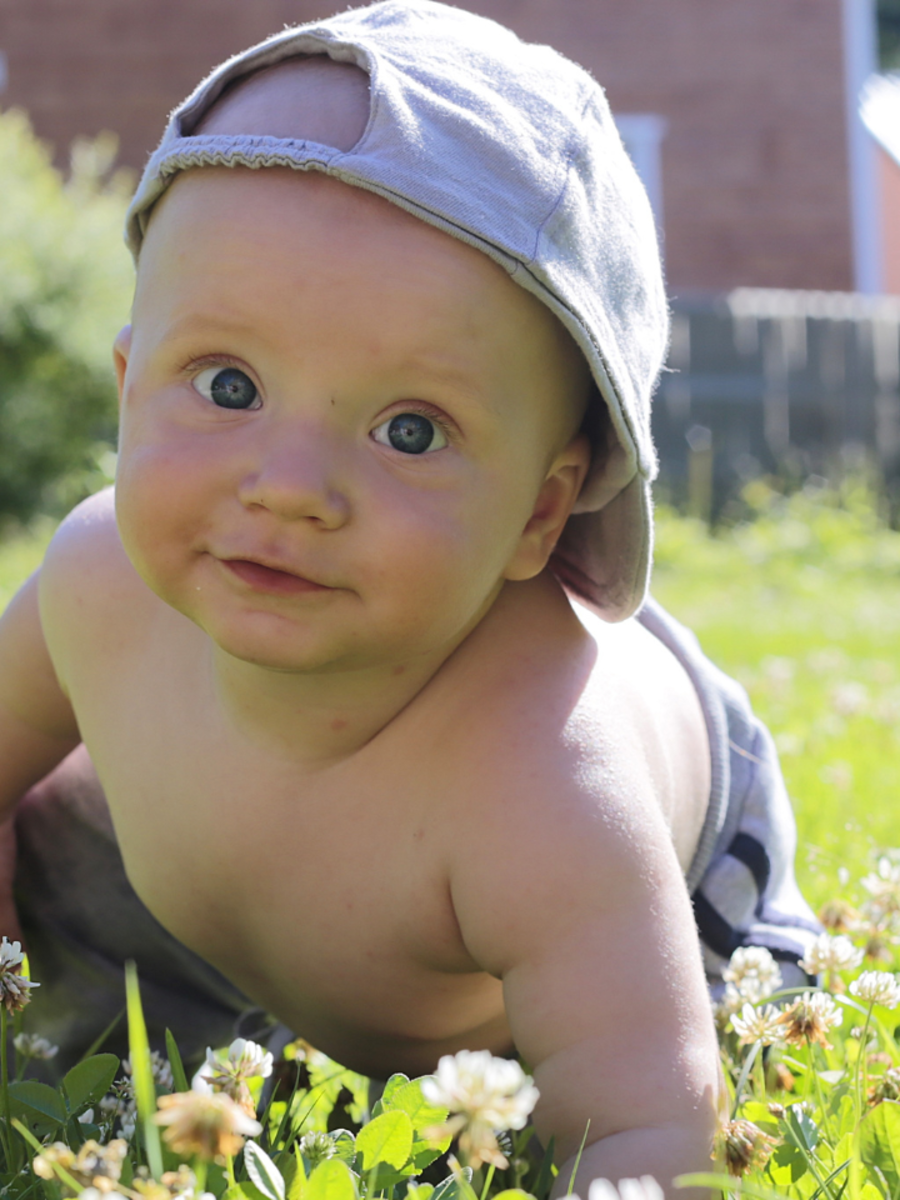
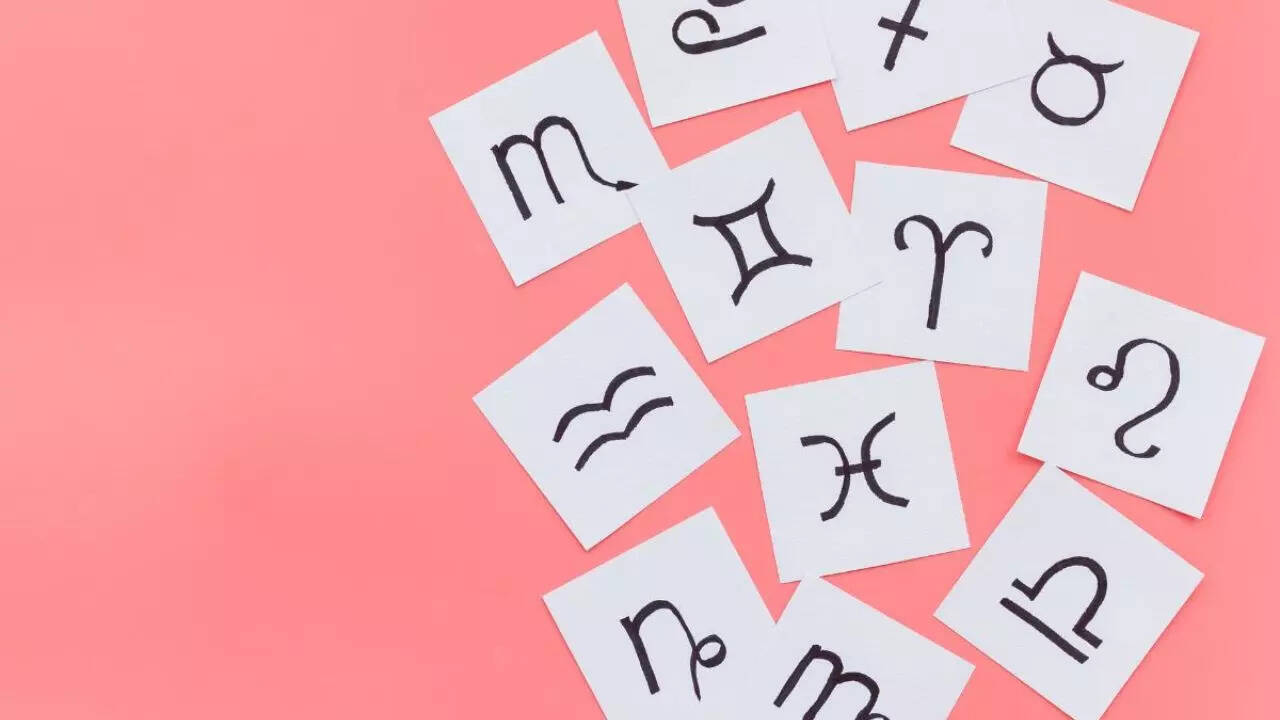














 English (US)
English (US)